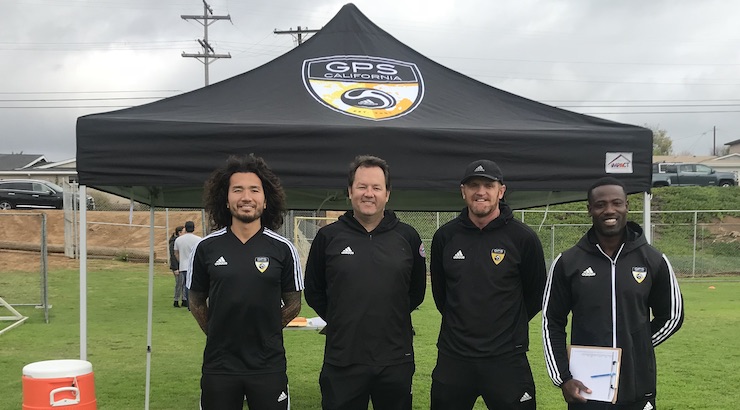GPS – San Diego Wants To Change The Youth Soccer Club Culture.
Formerly a player with the Haitian National Team, Mindes Dorlean now focuses on youth soccer and player development and is determined to change the culture of club soccer in America.
A soccer coach and a fitness director since 2009, Mindes Dorlean came to Southern California nearly a decade ago. A former Haitian National Team player, Dorlean was at Carlsbad Wave, then LA Galaxy San Diego before launching his own program in the 2018/19 season under the AYSO Matrix umbrella. Built from just one team, thanks to a strong response from the community and his desire to develop college-bound players, Dorlean’s program has expanded and he is now the General Manager of GPS San Diego.
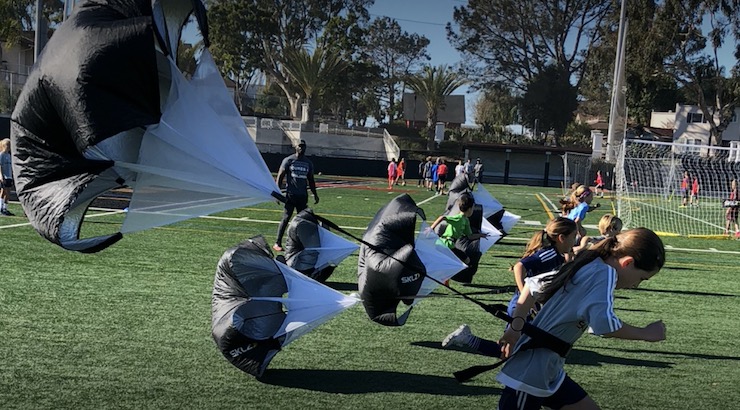
Dorlean is proud to develop players of all levels and is determined to improve the culture of youth soccer in America … to make it friendlier and better.
“If the player is not getting better, then it is our fault,”
Mindes Dorlean, the General Manager of GPS California
“If the player is showing up for training, how can it be his fault if he is not getting better? We are the coaches. We are responsible. A player should not lose their spot on a team because of someone new looking better at a tryout,” said Dorlean. “We do not want our kids to panic about tryouts.”
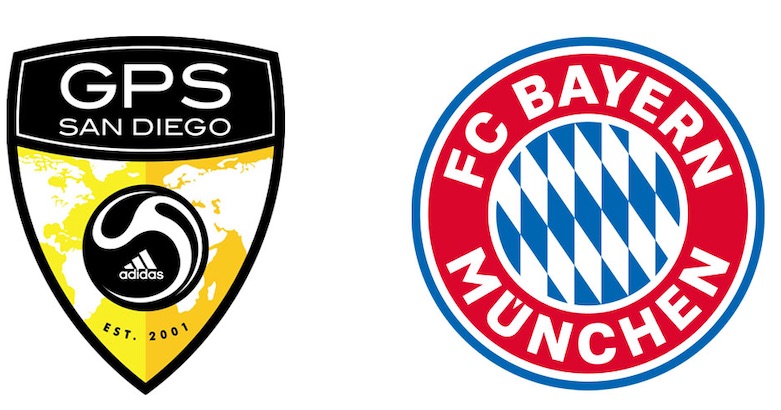
At GPS – San Diego, there will be ‘Player ID’ sessions instead of traditional ‘Tryouts’ for teams at the club.
Dorlean is not a fan of what he sees as stressful competition at tryouts followed by the ‘waiting for the call’ and then the pressure for commitment and finally the financial arrangements — and this is what happens at most youth soccer clubs across America where effort and loyalty are often overshadowed by the shiny newness of a player that could be recruited from another club.
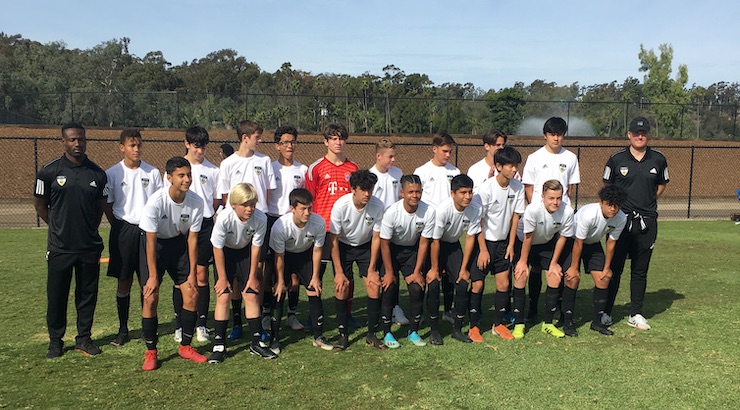
“We do not have tryouts because we are not looking for a new player to replace a player. There is a business aspect of youth soccer. And people are trying to hide it,” said Dorlean. “All these youth soccer clubs want a parent to commit, and that is why clubs give parents a time frame to commit or lose the spot.”
“A youth soccer player’s spot is based upon their participation.”
“If there is one thing I really don’t like is that the youth soccer clubs label the kids,” said Dorlean. “One kid belongs on the first team. Another kid is labeled a second or third team player. And, then the training is different from the top team, with the second team practicing one day less.”
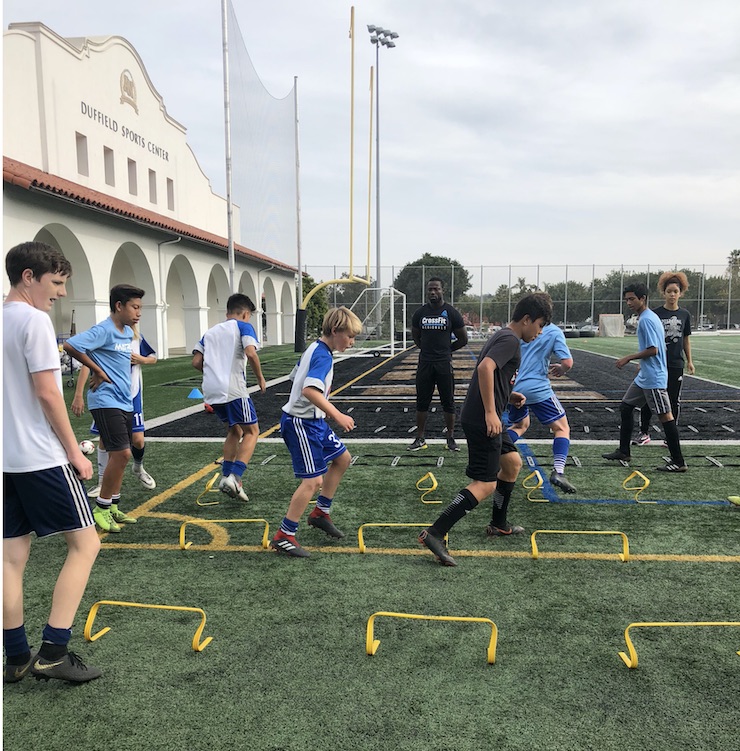
It is impossible for a kid who is on the third team to move up to the first team without the same quality and quantity of training.
Dorlean raises a valid point; how can a player on the second team, who is not as skilled as those chosen for the first team, improve with fewer days of training?
“This would never be acceptable in school,” said Dorlean. “Just because a kid is labeled not good enough for the first team, he or she should get less training from a coach who is usually not as passionate or often as good?”
We want all the kids to be as good as the first team. We don’t want the parents to feel they are competing.
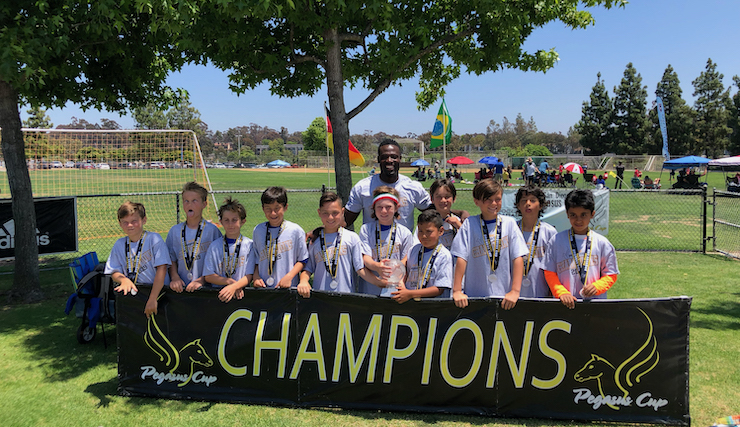
“Kids don’t quit because they are burnt out, they quit because they never make the top team.”
“The worst thing is that the clubs promise the new player a spot on the first team instead of promoting a kid from the second team,” said Dorlean. “It should be an internal promotion, not given to a player from outside the club. Why shouldn’t a kid get the chance who has been working hard?”
While GPS – San Diego does not have second teams yet, Dorlean promises the players who play for the club will always have first priority.
With Town Hall style meetings for parents, Dorlean believes soccer gives kids life skills and chose to work with GPS because of its European style training and high-quality college platform, which will benefit his players by providing additional exposure.
“We have several player ID sessions where we can identify new players, two before and two after most clubs have their tryouts. We are doing things differently. And, we don’t mind if parents want to go elsewhere for tryouts.”
“If a player gets a spot on a top team, we are proud because we developed them.”
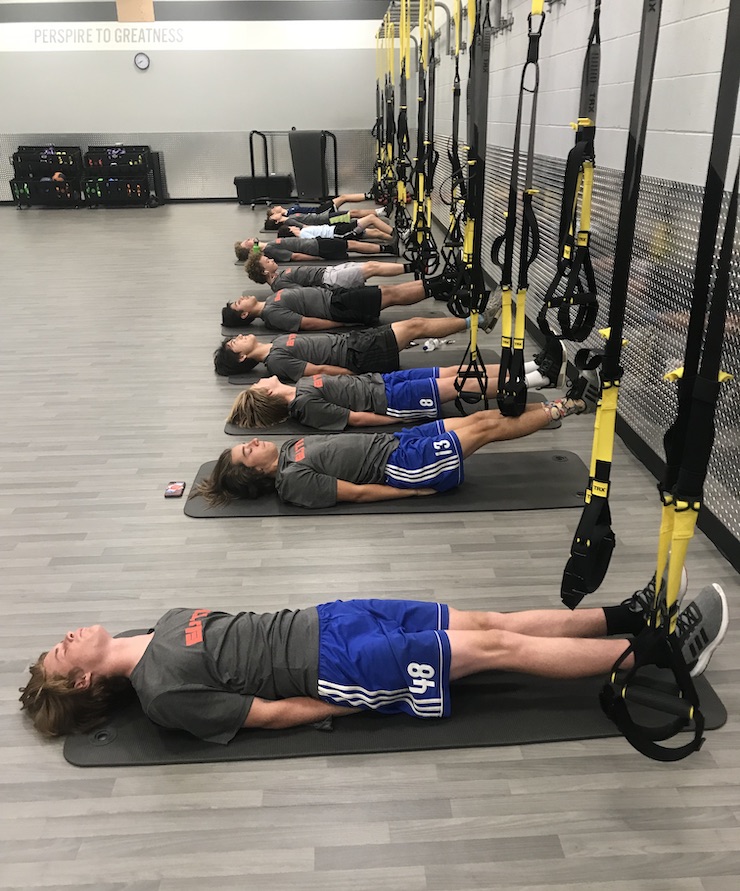
“Our product is good. We have memberships with a local gym for the players who are 13-years old and over (the younger players work on ladder, speed, and fitness at the field), plus there are two team practices and one core, position-specific training, plus we watch film with our kids — we make sure that we are really helping the players. There is not another club out there that can help raise a leader as we do,” said Dorlean.
With a total of seven coaches planned for ten teams; Dorlean has merged his Boys 2009, 2008, 2006, 2005, 2004 and 2005 Girls’ team with the existing GPS – San Diego, California teams.
Additional GPS San Diego Player ID sessions will be held on January 4th and 11th in Carlsbad, CA. For more information, click here.
